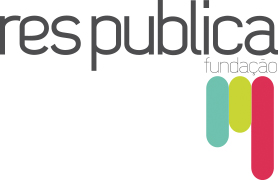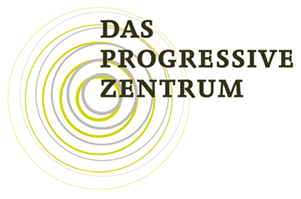Overcoming regression in women’s rights and gender equality: What are the progressive answers?
On the eve of the International Women’s Day, it’s time to ask “What is the status of gender equality across Europe in 2019?” In spite of the significant progress made in the past century, the world has unfortunately witnessed a worrying trend of growing regression of acquired women’s rights and gender equality.
Within the EU, the Gender Equality Index shows persistent inequalities with only a marginal progress. Backlashes against women’s rights and gender equality can be seen from nearly all EU Member States and in key areas such as in the field of labor and social rights, political and economic decision-making, education, sexual and reproductive health and rights, LGTBI rights, preventing and combating violence against women and gender-based violence.
Sexist hate speech, misogyny and online violence seem to become more and more socially accepted. Women’s rights organizations experience difficulties in accessing funding due to restrictive criteria and administrative burdens while facing a generalising more hostile environment which favourites harmful stereotypes from a young age.
The recent ban on gender studies in Hungary, the plans to repeal measures fighting gender-based violence in Spain and Poland, the high rates of conscientious objections to abortion in Italy, the heated debate around medically-assisted procreation in France or around the advertisement for abortion-law in Germany are just examples for a general trend of a retrogressive agenda across Europe.
We are well beyond the point where recognition of this disturbing negative trend suffices. This conference therefore aims at mapping the signs of backlash and addressing the root causes of the regression in women’s rights and gender equality in times when in a wider context democracy, fundamental rights and rule of law are put in question, whilst looking for progressive solutions to safeguard achieved fundamental rights and to advance gender equality ranging from sexual and reproductive health and rights to gender violence or LGBTIG rights across all EU countries.
Check the Programme
location
Brussels, Belgium, European Parliament, room A3G-3
date
Thursday, 07 March 2019
add to Calendar
03/07/2019
03/07/2019
Europe/Belgium
Overcoming regression in women’s rights and gender equality: What are the progressive answers?
On the eve of the International Women’s Day, it’s time to ask “What is the status of gender equality across Europe in 2019?” In spite of the significant progress made in the past century, the world has unfortunately witnessed a worrying trend of growing regression of acquired women’s rights and gender equality.
Within the EU, the Gender Equality Index shows persistent inequalities with only a marginal progress. Backlashes against women’s rights and gender equality can be seen from nearly all EU Member States and in key areas such as in the field of labor and social rights, political and economic decision-making, education, sexual and reproductive health and rights, LGTBI rights, preventing and combating violence against women and gender-based violence.
Sexist hate speech, misogyny and online violence seem to become more and more socially accepted. Women’s rights organizations experience difficulties in accessing funding due to restrictive criteria and administrative burdens while facing a generalising more hostile environment which favourites harmful stereotypes from a young age.
The recent ban on gender studies in Hungary, the plans to repeal measures fighting gender-based violence in Spain and Poland, the high rates of conscientious objections to abortion in Italy, the heated debate around medically-assisted procreation in France or around the advertisement for abortion-law in Germany are just examples for a general trend of a retrogressive agenda across Europe.
We are well beyond the point where recognition of this disturbing negative trend suffices. This conference therefore aims at mapping the signs of backlash and addressing the root causes of the regression in women’s rights and gender equality in times when in a wider context democracy, fundamental rights and rule of law are put in question, whilst looking for progressive solutions to safeguard achieved fundamental rights and to advance gender equality ranging from sexual and reproductive health and rights to gender violence or LGBTIG rights across all EU countries.
Check the Programme
Loading...
Brussels, Belgium, European Parliament, room A3G-3




























































